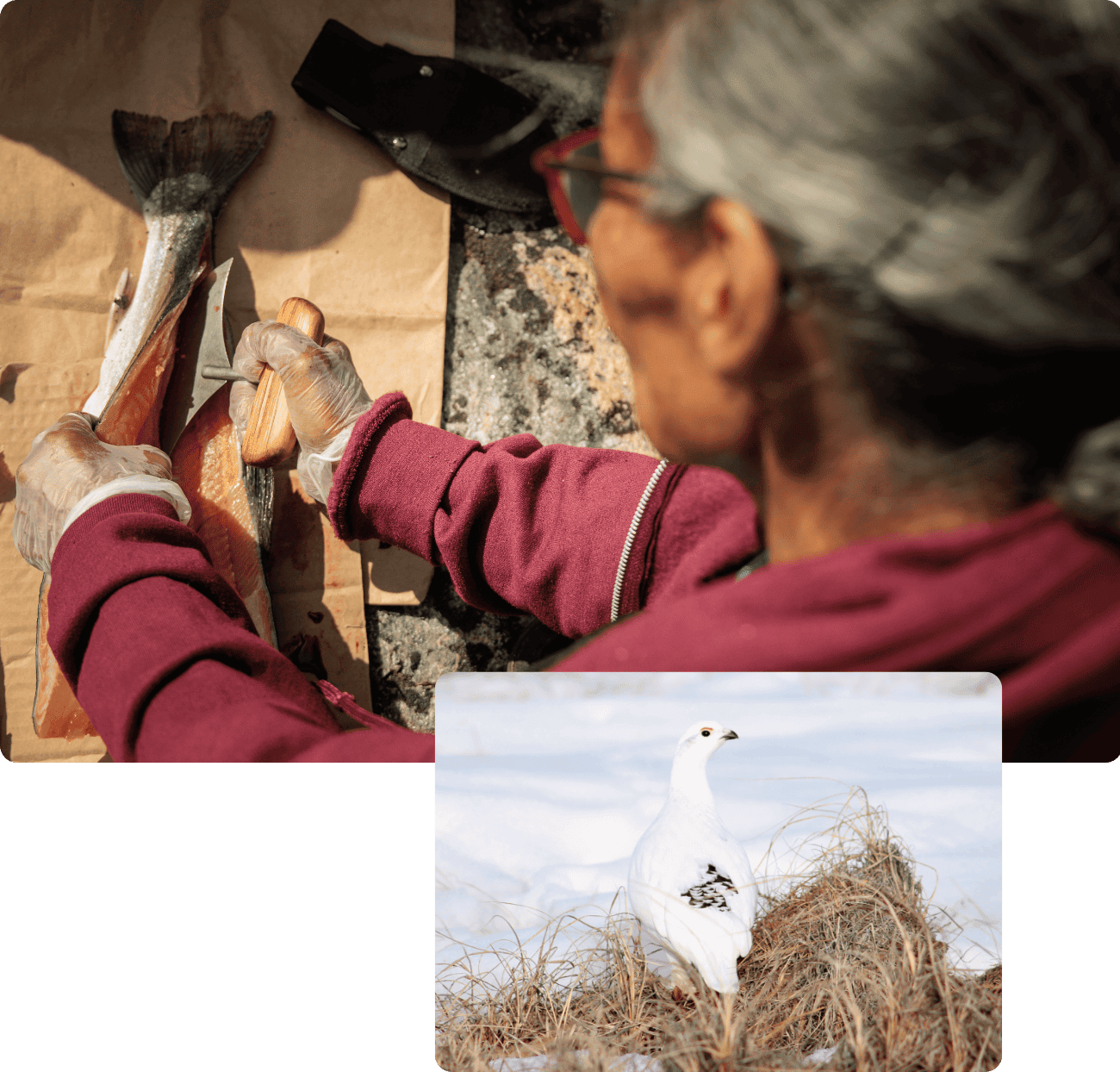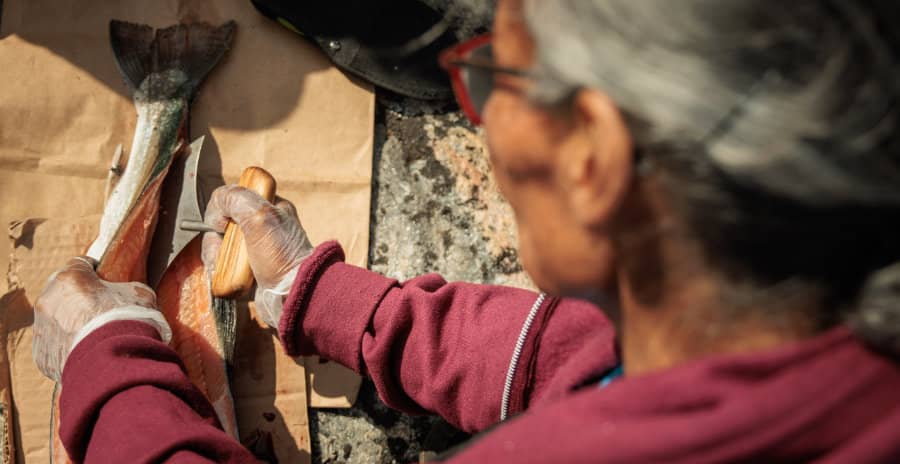About
Mission
We are a nonprofit Inuit association mandated to protect the harvesting rights of Inuit while ensuring that it is done sustainably. We act as an umbrella organization for all wildlife issues and provide direction on harvest, conservation, and research.
We support the Anguvigait which are elected in each of the fifteen Inuit communities for the purpose of local wildlife and harvesting management. In each community, Anguvigait board members are hunters, trappers, or fishermen whose knowledge and expertise allow them to represent community wildlife priorities and concerns. They determine local management actions and communicate concerns to the regional level.
Our specific objectives:
- Ensure the conservation of wildlife resources with the view of sustainable harvesting for current and future generations;
- Protect wildlife habitats;
- Guarantee the priority of subsistence harvesting over any other use of wildlife;
- Ensure the recognition of the role of Inuit expertise in the co-management of wildlife resources;
- Educate, train and organize Inuit and Inuit institutions towards managing wildlife ourselves.
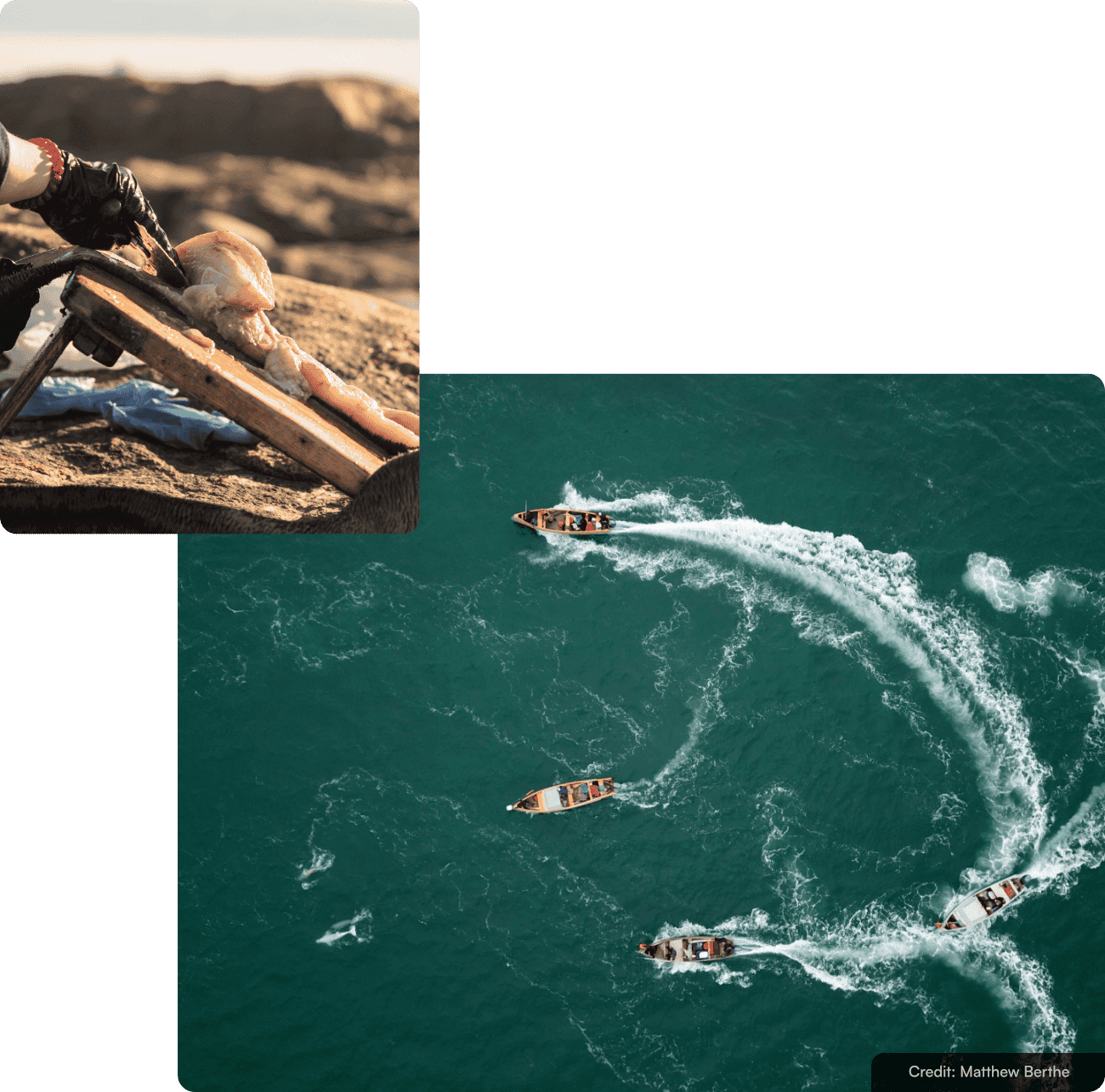
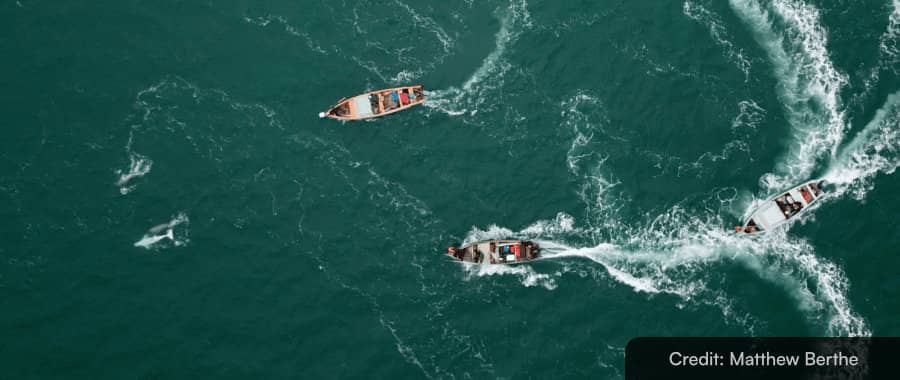
Team
Executive Team
Staff
Join our team
We accept job applications throughout the year via our application form or at info@anguvigaq.ca. Please note that we will keep your application on file until an opportunity comes up.
Board Members
Local Representatives
Committees
We represent Nunavik Inuit on various wildlife committees and working groups at a regional, provincial, and national level. We provide direction, decisions, and advice on wildlife issues to management authorities and to other Nunavik institutions, ensuring that Inuit knowledge is valued and upheld.
A range of issues are covered in these meetings, which focus on Nunavik wildlife abundance, health, and accessibility to Inuit harvesters. Topics include: species conservation listings, protected areas, wildlife management plans, animal health, population assessments, research approval and supervision, priorities for funding allocations, and mitigation of impacts from mining and transport.
Participation in these meetings by our team members is key to ensuring the prioritization of Inuit expertise in the governance of Nunavik land and wildlife.
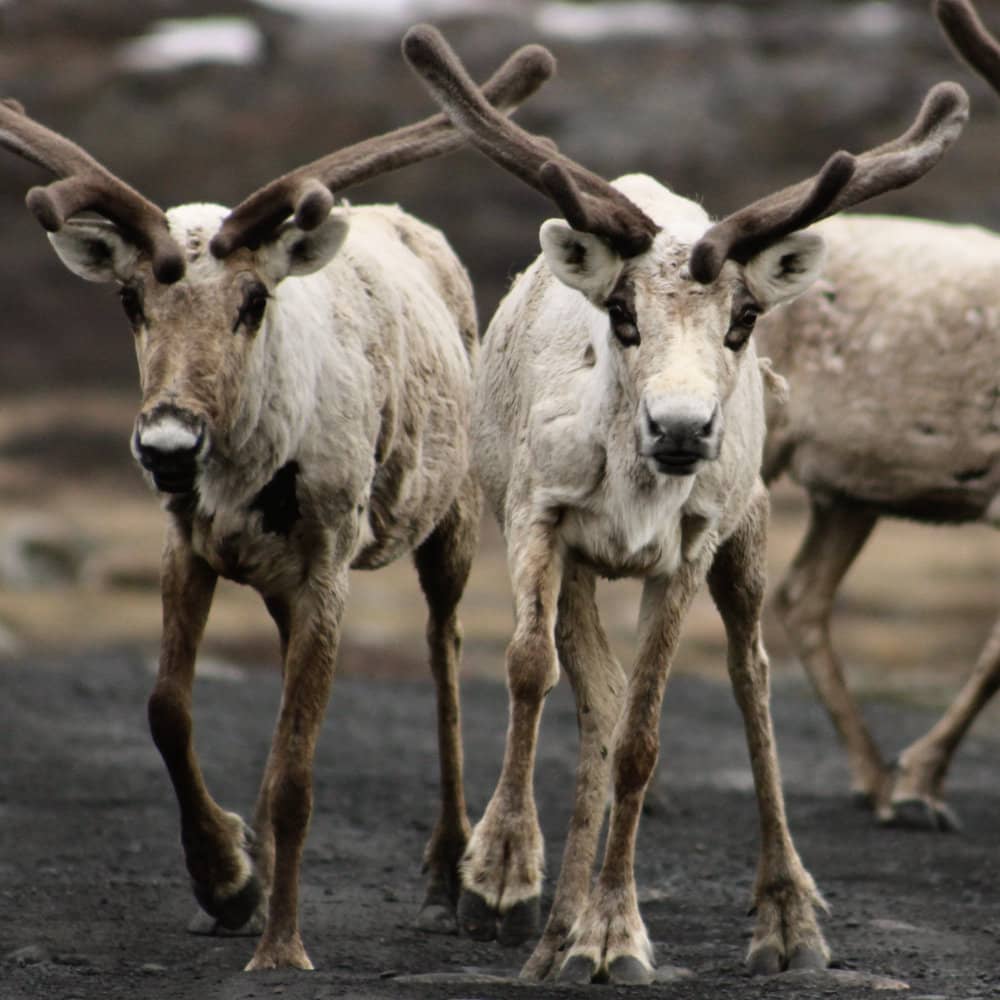
History
Our organization was created as an umbrella organization mandated to represent Nunavik Inuit harvesters on all wildlife issues, both land and marine. We became incorporated as a nonprofit association under the Quebec Companies Act on May 5, 1995.
In Inuktitut, our organization was named after a traditional hunting tool, an ᐊᖑᕕᒐᖅ (Anguvigaq). In English, we were called the “Nunavik Hunting Fishing Trapping Association” (NHFTA). Our head office was established in Kuujjuaq and four Executives were elected by Nunavik harvesters to represent their concerns and priorities. One of these executives was appointed to the Hunting Fishing Trapping Coordinating Committee (HFTCC), which is mandated in Section 24 of the James Bay and Northern Quebec Agreement (JBNQA) to review, manage, and supervise the Hunting, Fishing and Trapping Regime of the Territory.
In 2008, the Nunavik Inuit Land Claims Agreement (NILCA) came into effect, which formally recognized the offshore wildlife management mandate of the Anguvigaq and assigned our organization with a new name: the Regional Nunavimmi Uumajulirijiit Katutjiqatigiinninga (RNUK).
The fifteen local associations went through the same process on a smaller scale in each community. Although the Anguvigait are registered as unique organizations with the Quebec Registry, they all fall under the responsibility of the Anguvigaq and are unified in structure, funding, training, and function. The Board of Directors for our regional organization is composed of the presidents of the Anguvigait.
